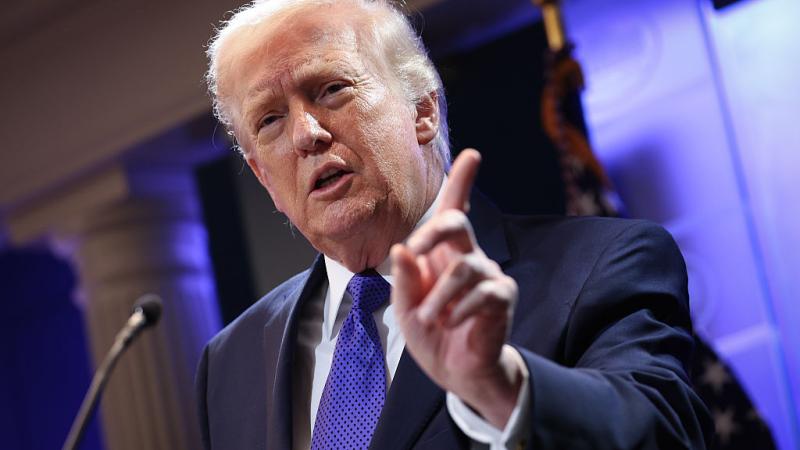Biden touts innovation order in Maine after nearly forgetting to sign it
Biden had finished his speech and headed off the staging area, before aide sent him back to sign order.
President Joe Biden's trip to Maine was memorable once he remembered why he went.
Taking a laugh at himself, the 80-year-old Democrat said, "I forgot I didn't sign the order. All that talk and no action!"
Biden was in Maine for the first time as president and specifically picked Auburn Manufacturing in Auburn as the place to sign the "Invent it here, make it here" executive order. Auburn is in the 2nd District, the only one of the state's four he didn't carry in the 2020 election. Maine's electoral votes are allocated by individual districts.
At the textile manufacturing facility, Biden signed an order that he says will help encourage companies to manufacture new inventions in the U.S. The order says national security and economic interests will be considered regarding broadening manufacturing requirements. Encouragement of domestic production is also in the language.
Heat- and fire-resistant fabrics are manufactured at the facility. The 2nd District is considered blue-collar in workforce. He was later headed to a fundraiser in Freeport.
Biden had finished his speech and headed off the staging area, shaking hands with dignitaries. Before getting too far, an aide appeared to whisper something to him, and he quickly pivoted back to the desk.
The White House, in a statement, said the order will:
• "Improve transparency, cut red tape, and streamline reporting requirements in the Federal R&D process to better track progress towards our domestic manufacturing goals."
• "Boost the incentive to manufacture new inventions in the United States when those inventions are developed using Federal funds."
• "Encourages the expansion of domestic production for critical industries while maintaining flexibility to build strong international R&D partnerships."
• Will make "the domestic manufacturing waiver process clearer, timelier, and more consistent, including when production is not commercially feasible."












